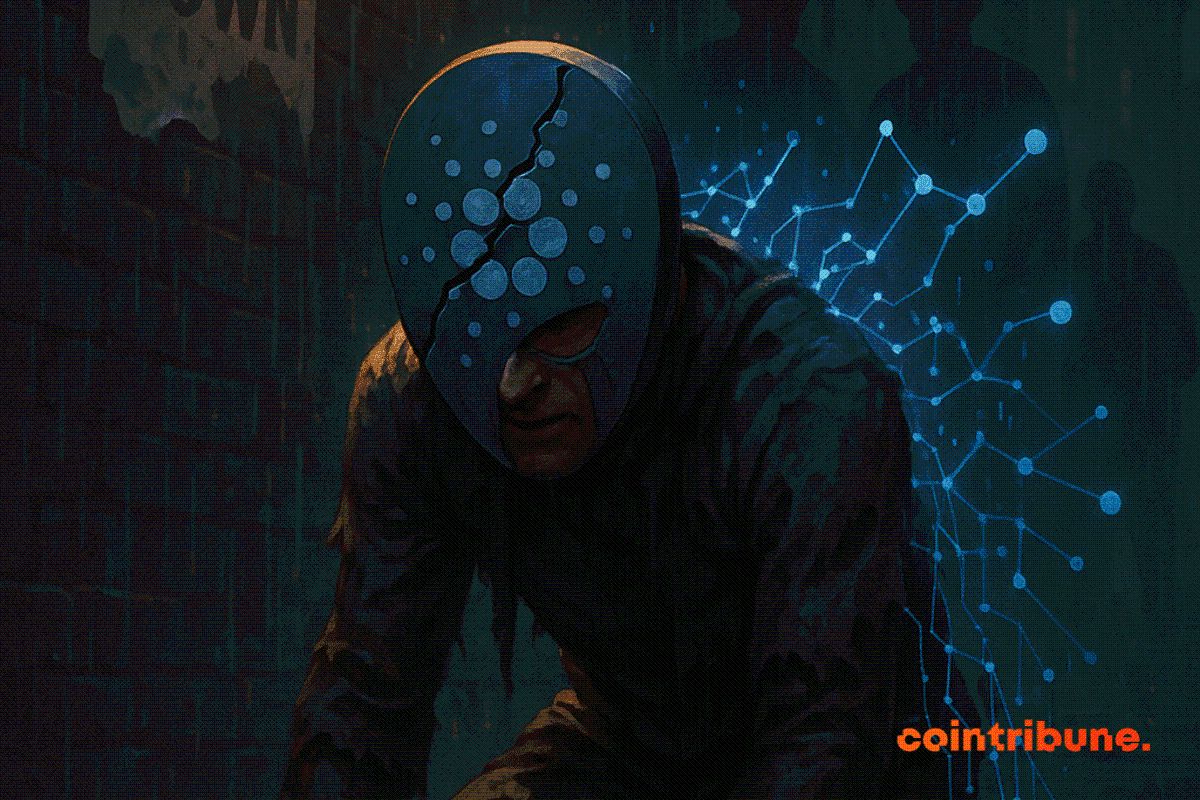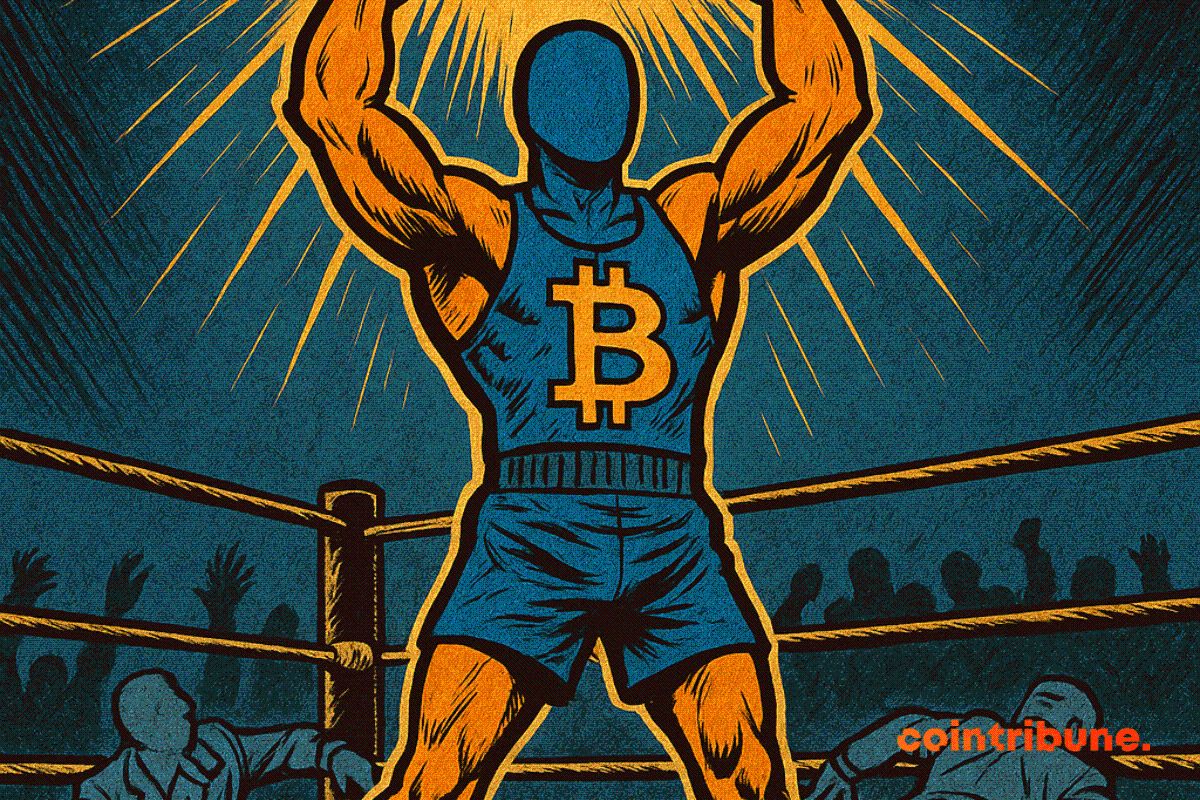U.S. FHFA Directs Fannie Mae, Freddie Mac to Count Crypto in Mortgages

- FHFA now allows crypto on U.S.-regulated exchanges in mortgage risk assessments.
- Only exchange-held crypto qualifies, excluding self-custody wallets from consideration.
- Fannie Mae and Freddie Mac must draft proposals and get FHFA board approval first.
The U.S. housing market just took a significant step into the digital asset world. Cryptocurrency is now eligible for consideration in home mortgage applications, but with strict conditions.
On Wednesday, the Federal Housing Finance Agency (FHFA) issued a new directive. The order instructs mortgage giants Fannie Mae and Freddie Mac to include cryptocurrency in single-family mortgage loan risk assessments. The announcement came via FHFA Director William Pulte, who posted the update on social media.
Directive Expands Asset Criteria
Directive No. 2025-360 marks the first time crypto can be counted in home loan decisions. The directive is already in effect and asks both firms to move swiftly. Fannie Mae and Freddie Mac must propose frameworks that allow crypto holdings to be considered without converting them to U.S. dollars. However, only digital assets held on U.S.-regulated centralized exchanges will count.
The FHFA emphasized the need to assess crypto market volatility and propose risk mitigants. This could include reserve adjustments or other tools to protect against sharp price swings. The two agencies must submit their final proposals to their boards and the FHFA before making changes public.
Historically, borrowers needed to convert crypto into fiat currency to qualify those assets for mortgage consideration. This move changes that but with a key limitation: no credit is given to crypto held in self-custody wallets.
Policy Sparks Mixed Reactions
Director Pulte called the directive a move to align with President Trump’s vision of making the U.S. the global crypto capital. He believes that counting crypto in home loans will expand access to homeownership.
However, the policy has raised questions about fairness and implementation. Nick Neuman, a crypto security expert, criticized the decision. He noted that bitcoin held in self-custody would not qualify under the new rule. Neuman argued that self-custody aligns with core American values. He also pointed out that ownership of self-custodied assets can be verified with ease.
Currently, there is no plan to include such holdings in the accepted asset category. That means only assets held through platforms like Coinbase, Kraken, or other compliant exchanges may be eligible.
Fannie Mae and Freddie Mac have played a central role in U.S. housing finance since being placed under government control in 2008. They buy loans from banks and help stabilize lending markets. The new directive may expand the asset pool but maintains a strict compliance layer.
The crypto community has welcomed the step with caution. Some believe the necessity to resort to centric platforms erodes one of the main aspects of crypto that is decentralization. Meanwhile, the housing market continues to face rising interest rates and affordability issues. Proponents of the policy hope this measure can boost mortgage access for crypto holders.
Related: U.S. Senate Approves GENIUS Act for Stablecoin Regulation
Proponents also argue that the blockchain’s transparency may enable lenders to check the crypto ownership history and transaction records. In their view, this would enhance financial reporting and improve profiles of borrowers.
Still, uncertainty remains about the implementation timeline and approval process. Fannie and Freddie need to prepare risk assessment tools and receive board approvals. After that, FHFA will review the proposals before authorizing final rollouts. Pulte emphasized that the move does not yet define which cryptocurrencies qualify. That decision will likely emerge during the internal proposal phase by both agencies.
For now, crypto holders interested in homeownership must rely on regulated exchanges. Self-custody wallets, even with strong security, remain excluded. This distinction may continue to spark debate within the crypto industry.
The directive is seen as a milestone in integrating digital assets into traditional finance. But the fine print reveals tensions between decentralization and regulatory compliance. As the mortgage industry adapts, questions around asset custody and regulatory fairness will likely shape future policies.
The post U.S. FHFA Directs Fannie Mae, Freddie Mac to Count Crypto in Mortgages appeared first on Cryptotale.
Disclaimer: The content of this article solely reflects the author's opinion and does not represent the platform in any capacity. This article is not intended to serve as a reference for making investment decisions.
You may also like
Terra Luna Classic Shakes the Crypto Market with Surprising Developments
In Brief LUNC experienced a significant price decline following Do Kwon's sentencing. The court cited over $40 billion losses as a reason for Do Kwon's penalty. Analysts suggest short-term pressure on LUNC may persist, despite long-term community support.

NYDIG: Tokenized Assets Offer Modest Crypto Gains as Growth Depends on Access and Regulation

Cardano Investors Split As Market Fatigue Sets In

Bitcoin : Strategy escapes the chopping block during the first Nasdaq 100 sorting

